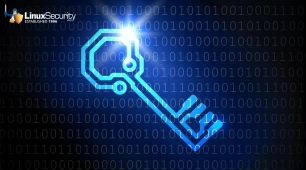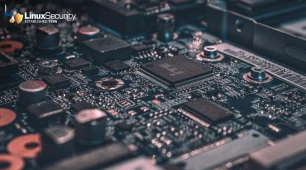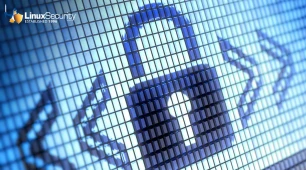
LinuxSecurity debunks some common myths and misconceptions regarding open source and Linux by answering a few Linux-related frequently asked questions.
Open source and Linux are becoming increasingly well-known and well-respected because of the myriad benefits they offer. Seventy-eight percent of businesses of all sizes across all industries are now choosing open source software over alternative proprietary solutions according to ZDNet. Facebook, Twitter and Google are are among the many companies currently using, sponsoring and contributing to open source projects. Although Linux and open source are widely recognized for the advantages they provide, there are still many myths and misconceptions that surround these terms. Here are some answers to frequently asked questions about Linux and open source.
Linux & Open Source FAQs
What are the advantages of the open source development model? How can using and contributing to open source software benefit my business?
Open source offers an array of inherent advantages which include increased security, superior product quality, lower costs and greater freedom and flexibility compared to other models. It also is accompanied by strong community values and high standards, which encourage the highest levels of creativity and innovation in engineering.
In general, how does open source software compare to proprietary alternatives on the market?
Open source software is generally both more reliable and more secure than proprietary alternatives available on the market because of the transparency and collaboration involved in its development and review. Experts from around the world are able to access open source code, discuss the development of open source products and work together to discover vulnerabilities and solve problems. This collaboration leads to exceptional levels of innovation and achievement. Open source software also generally displays very high levels of security due to the visibility surrounding open source projects. Because open source software is thoroughly reviewed by the community, potential security issues are detected and fixed extremely rapidly. In addition, by choosing open source products over proprietary alternatives, people and organizations avoid the risk of vendor-lock in and maintain the freedom and flexibility to switch to another product if they are unsatisfied for any reason.
What are the advantages of choosing Linux over other operating systems?
Because Linux is an operating system comprised of open source technology, security flaws are recognized and eliminated before they become an issue for the public, making Linux inherently secure. Proprietary alternatives like Microsoft Windows are relatively easy targets for malicious coders, making these operating systems likely victims of malware and viruses. Linux also offers a wide range of options, with several distributions currently available and free to download. Finally, Linux is extremely reliable. In comparison, Microsoft Windows is considered significantly less reliable due to the sacrifices made to increase user-friendliness.
How can I contribute to the Linux/open source community? How can my business benefit from my contribution?
Open source and Linux are surrounded by vibrant communities with the shared goal of creating top-notch products and solutions that are as useful and effective as possible. These communities aim to work together to benefit individuals, organizations and society as a whole through innovative engineering. Depending on a person’s specific skills and training, each individual can contribute to the open source community in a unique and meaningful way, even if it is simply by the support of choosing open source products over proprietary alternatives. Businesses will benefit from supporting open source development and the Linux community by receiving the best software options on the market for the most affordable prices.
If you have additional questions about Linux or open source, please let us know in the “Comments” section below and we would love to answer them in a future article!
















